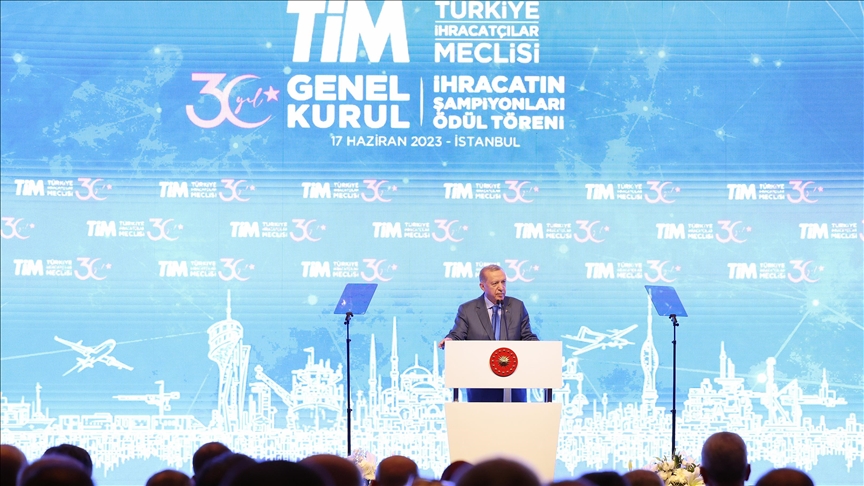Global Courant
CAIRO — An airstrike in the Sudanese capital of Khartoum killed at least 17 people, including five children, on Saturday, health officials said, as fighting continued between rival generals seeking control of the country.
The attack was one of the deadliest clashes in urban areas of Khartoum and elsewhere in Sudan between the military and a powerful paramilitary group known as the Rapid Support Forces.
There was no immediate comment on Saturday from either side of the conflict about the attack and it was not clear whether the attack was by fighter jets or a drone. The army’s aircraft have repeatedly targeted RSF troops, and the RSF has reportedly used drones and anti-aircraft weapons against the army.
Fighting broke out in mid-April, ending months of mounting tensions between army leaders and the RSF.
Saturday’s strike hit the Yormouk neighborhood of southern Khartoum, where fighting has taken place in recent weeks, according to the Sudanese health ministry. The area is home to a military facility controlled by the military. At least 25 houses have been destroyed, the ministry writes in a Facebook post.
The dead included five children and an unknown number of women and the elderly, and some of the injured were hospitalized, the ministry said.
A local group calling itself The Emergency Room, which helps organize humanitarian aid in the area, said at least 11 people were injured in the strike. It posted images of homes damaged in the attack and of people searching through the rubble. Other images claimed to show an injured girl and a man.
The conflict has plunged the African country into chaos, turning Khartoum and other urban areas into battlefields. According to residents and activists, the paramilitary army has occupied people’s homes and other civilian properties since the beginning of the conflict.
Hundreds of civilians have been killed and thousands more injured in the clashes. More than 2.2 million people have fled their homes to safer areas in Sudan or have crossed to neighboring countries.
Activists and residents have reported widespread looting in the capital. Diplomatic missions, including residences of the US Embassy in Khartoum, have been stormed and looted, reportedly by gunmen wearing RSF uniforms. Almost all diplomatic missions in Sudan were evacuated in the first weeks of the war.
“There was quite extensive looting at some residences,” the US State Department told The Associated Press. “The damage was discovered during routine checks of the homes. There is some damage to the buildings and personal property.”
Sexual violence, including the rape of women and girls, has been reported in Khartoum and the western Darfur region, where some of the fiercest fighting in the conflict took place. Nearly all reported sexual assault cases were attributed to the RSF, which has not responded to repeated requests for comment.
The city of Genena in Darfur has seen some of the worst battles, with tens of thousands of residents fleeing to neighboring Chad. According to residents and activists, the RSF and allied Arab militias have repeatedly attacked the city since late April, particularly parts of the non-Arab Masalit community.
The attacks intensified earlier this month. Volker Perthes, the UN envoy to Sudan, said last week that the fighting in Geneva has taken on an “ethnic dimension”, with Arab militias and gunmen in RSF uniforms showing “an emerging pattern of large-scale targeted attacks against civilians based on their ethnic identity.”
On Wednesday, West Darfur governor Khamis Abdalla Abkar, a native of the Masalit, was abducted and killed hours after he accused the RSF and allied Arab militias of attacking Genena in a televised interview. His murder was blamed on the RSF, a charge the paramilitary force denied.
Ravina Shamdasani, a spokesperson for the UN High Commissioner for Human Rights, called for those responsible for Abkar’s assassination to be brought to justice, “including those with command responsibility”.
“In addition to the liability of the direct perpetrator, Governor Abkar was in RSF custody, and it was the responsibility of the RSF to keep him safe,” Shamdasani told a press conference in Geneva on Friday.
Abkar was the second high-profile official to be killed in Geneva in a matter of days. The elder brother of the traditional head of the Masalit, Tariq Abdelrahman Bahreldin, was also killed, Shamdasani said.
Martin Griffiths, the UN’s top humanitarian official, denounced fighting in Darfur on Thursday, especially in Genena, where detained residents are “experiencing a nightmare”.
“Babies die in hospitals where they were treated; children and mothers suffering from severe malnutrition; displaced persons camps burnt down; girls raped; schools closed; and families that eat leaves to survive,” he said.
Griffiths urged the international community to act to avert a new cycle of violence such as Darfur endured in the early 2000s when it was the scene of a genocidal war. Ethnic Africans rioted, accusing the Arab-dominated government in Khartoum of discrimination. The government of former dictator Omar al-Bashir was accused of retaliating by arming local nomadic Arab tribes known as Janjaweed to target civilians. The Janjaweed later evolved into the RSF.
“Darfur is rapidly developing into a humanitarian disaster. The world cannot let this happen. Not again,” Griffiths said.
___
Associated Press writer Matthew Lee contributed from Washington.
(TagsToTranslate)Military & Defense




